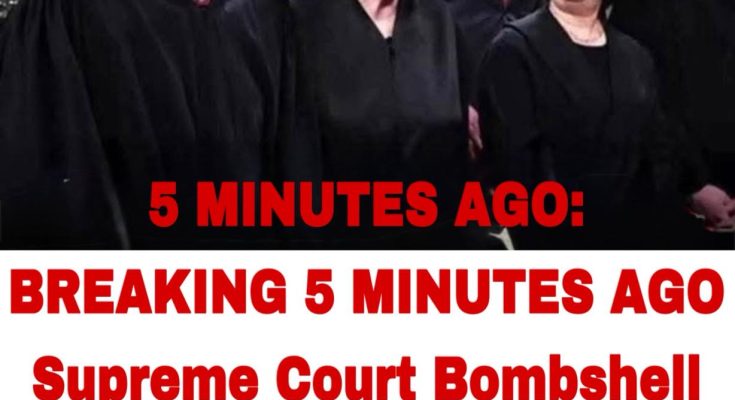In a landmark decision, the U.S. Supreme Court has sided with a Pennsylvania postal worker in a case that could reshape how employers handle requests for religious accommodations in the workplace.
The case centered around Gerald Groff, a Christian mail carrier who argued that the U.S. Postal Service violated his rights when it required him to deliver Amazon packages on Sundays — a day he considers sacred and observes as the Sabbath.
Groff, represented by attorney Aaron Streett, asked the Court to overturn a decades-old precedent that made it easier for companies to deny religious accommodations.
A Shift From the 1977 Standard
For nearly 50 years, businesses relied on a 1977 Supreme Court ruling in Trans World Airlines v. Hardison, which allowed employers to reject religious accommodations if they created “more than a de minimis cost” for the business.
The justices, in a rare 9-0 unanimous decision, agreed with Groff and determined that this standard was far too low. They clarified that employers must provide accommodations unless doing so would cause “substantial increased costs” or an undue hardship, aligning the interpretation more closely with other federal laws, such as the Americans with Disabilities Act (ADA).
Justice Samuel Alito, writing for the Court, emphasized that the Civil Rights Act of 1964 requires a fair balance between respecting religious practice and maintaining workplace efficiency. “The law does not permit trivial burdens on religious exercise to be used as an excuse for denying accommodations,” he wrote.
Concerns from Unions and Co-Workers
While the ruling is being celebrated by religious freedom advocates, not everyone is in agreement. Postal unions had urged the Court to consider the impact such accommodations could have on co-workers, many of whom must take on additional shifts when religious employees are excused.
The American Postal Workers Union argued that days off — especially Sundays — are valued by both religious and non-religious employees alike. “A day off is not the special privilege of the religious,” the union said in its brief, noting that weekends are when families and communities come together.
Broader Implications
Legal experts say this decision could have sweeping consequences for workplaces across the country. Employers may now face more pressure to make room for employees’ religious practices, whether it involves schedule changes, dress codes, or other accommodations.
Supporters of the ruling argue that it strengthens protections for people of faith, ensuring they are not forced to choose between their jobs and their beliefs. Critics, however, worry it may create tension in workplaces where covering shifts and maintaining fairness among employees is already a challenge.
Gerald Groff’s Perspective
Groff, who resigned from the Postal Service after years of conflict over Sunday work, said he felt vindicated by the Court’s decision. “No American should have to sacrifice their faith in order to keep their job,” he said in a statement following the ruling.
This ruling is being hailed as one of the most significant victories for religious liberty in recent years. It not only clarifies what counts as an “undue hardship” for businesses but also sets a new precedent that will likely influence how courts, companies, and workers approach religious accommodations in the future.

